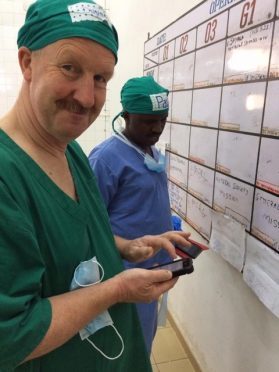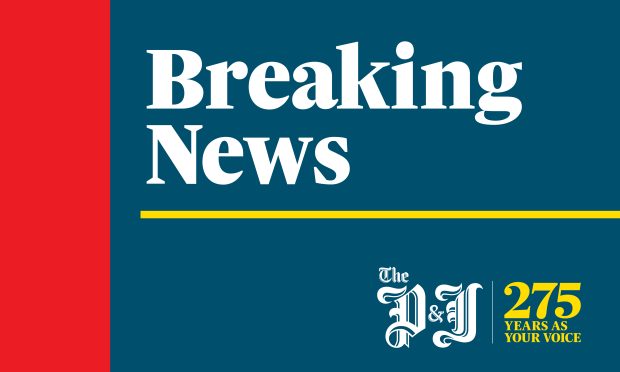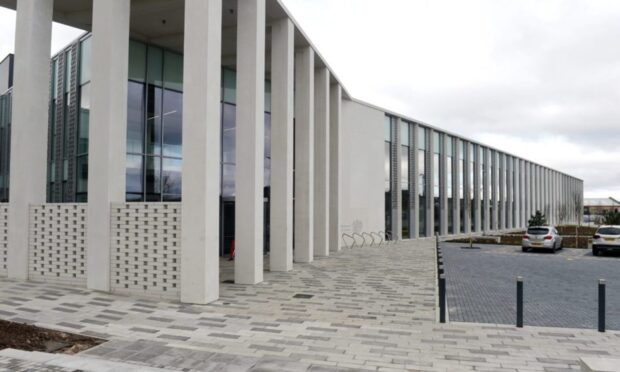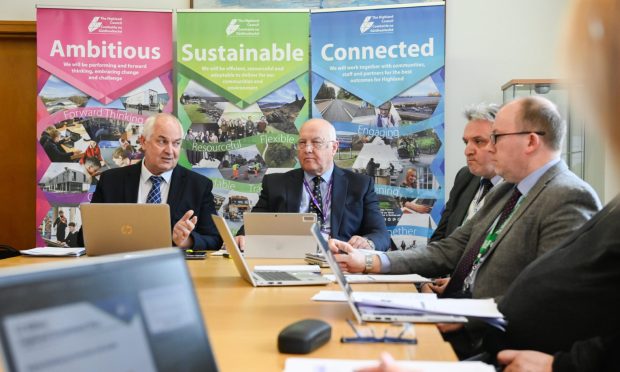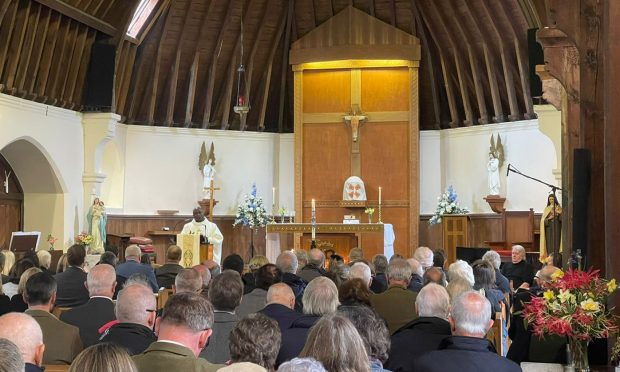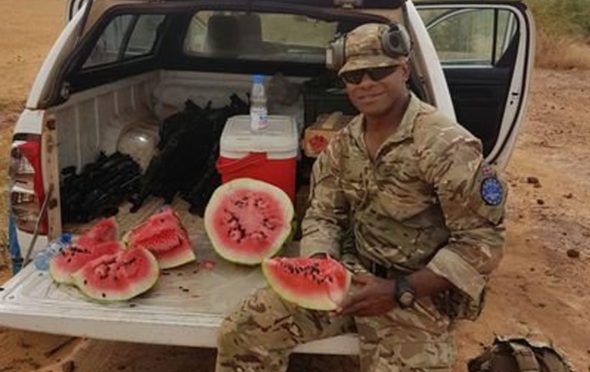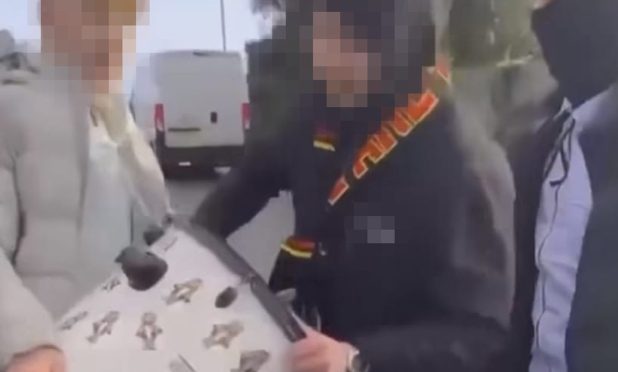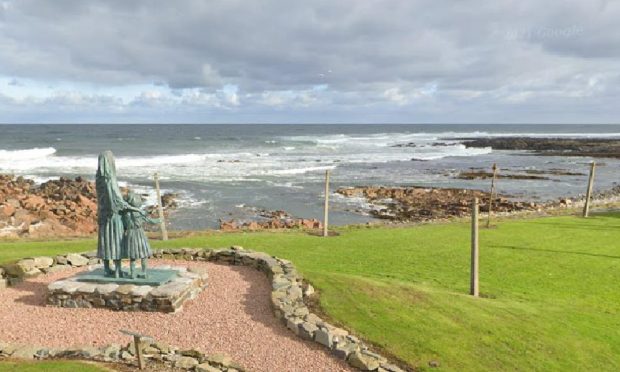A retired surgeon from Lochaber says it is a “privilege” to share his skills with trainees in a country which was devastated by genocide more than 20 years ago.
David Sedgwick, who was a consultant surgeon at the Belford Hospital in Fort William for many years, is just back from Rwanda where he was part of a multi-national team providing hernia surgery training.
It’s the first time Mr Sedgwick has been involved with the charity, Operation Hernia.
But he is a familiar figure in Rwandan healthcare circles as he has been involved with training courses there since 2013.
He said: “I’ve been aware of Operation Hernia for a number of years, but have not had the opportunity to travel with them before now. The charity was set up by surgeons in Plymouth and promotes the training of surgeons in hernia repair.
“Each project involves a group of surgeons and nurses, who pay their own fares, travelling to countries in need of training of this kind.
“Dr Maik Lechne from Austria, Dr Ralph Lorenz and Dr Albrecht Frunder of Germany and myself joined consultant surgeon, Chris Oppong, chairman of the charity, and travelled to Kilgali, Rwanda’s capital to run the course.”
A total of 14 first year Rwandan surgical residents took part over five days. The course involved lectures then hands-on one-to-one operating theatre training at Rwamagana Hospitals. Dr George Ntakiyiruta from Rwanda also assisted with the course.
Mr Sedgwick added: “It has been a real privilege to share something of what I have learnt in the NHS with colleagues from a low-income country. I have been involved with training healthcare professionals in Rwanda in trauma care and basic surgical skills for four years, so it seemed sensible to continue my contact with the country with this course.”
“Rwanda has a population of 12 million and at the moment there are only 50 consultant surgeons, but the government is working hard to address this by ensuring that good training does take place.”
As well as his work in Rwanda, Mr Sedgwick has also been involved with basic surgical skills training in the West Bank, Palestine.
